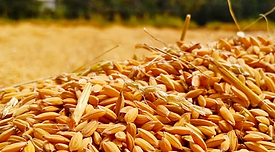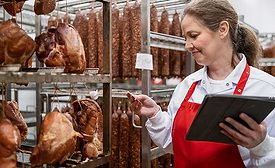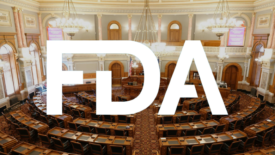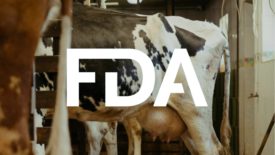Regulatory
Development and Application of AI for Food Processing and Safety Regulations
AI technologies have potential to revolutionize the food industry and the way USDA-FSIS employees inspect and ensure the safety of meat, poultry, RTE, NRTE, egg, and thermally processed products
April 10, 2024
Sponsored Content
Non-Conformances & Trends in BRCGS Food Safety Issue 9: Lessons Learnt Over the Past Year
April 8, 2024
Never miss the latest news and trends driving the food safety industry
eNewsletter | Website | eMagazine
JOIN TODAY!Copyright ©2024. All Rights Reserved BNP Media.
Design, CMS, Hosting & Web Development :: ePublishing










